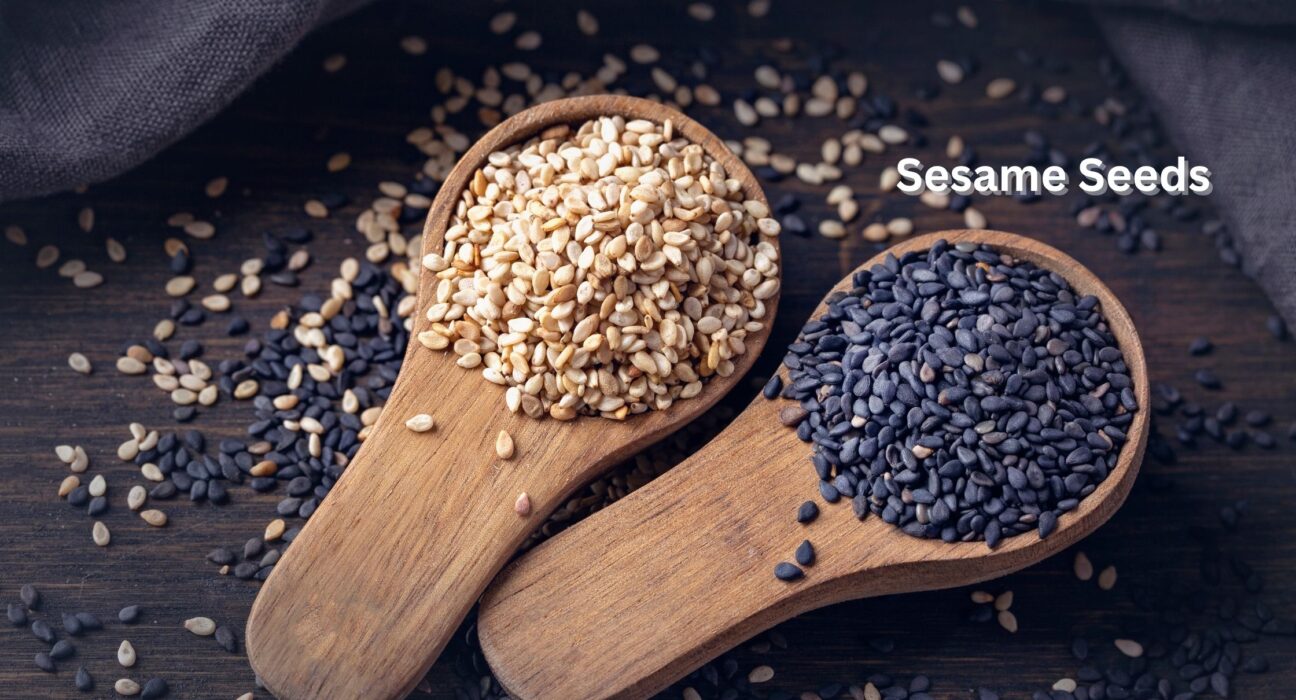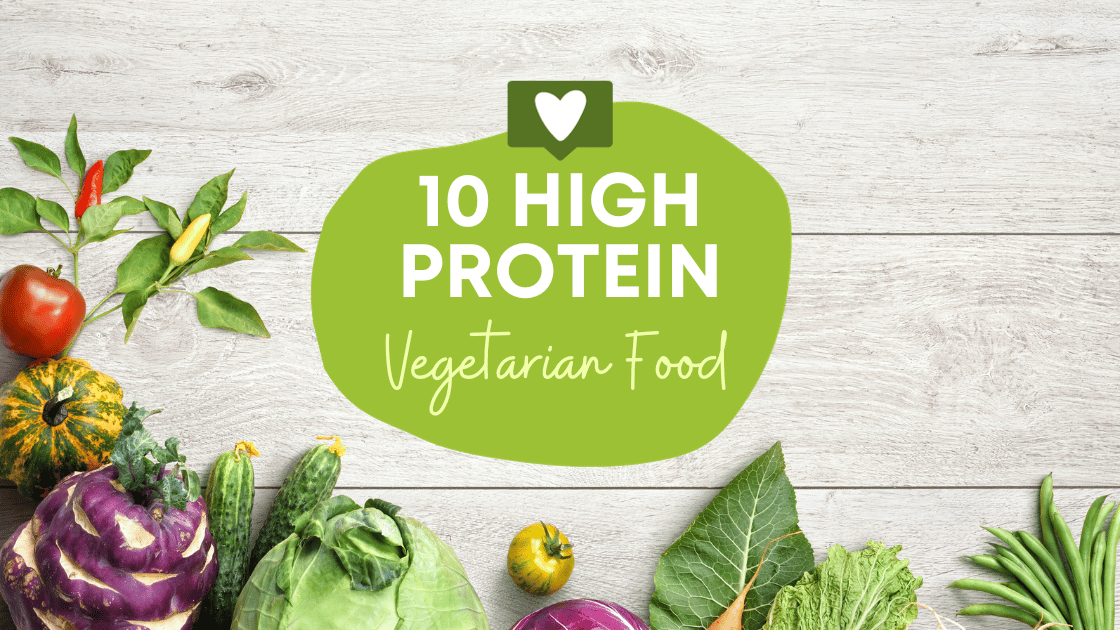15 Health and Nutrition Benefits of Sesame Seeds

Among the world’s most ancient and versatile superfoods, sesame seeds have long been cherished for their rich, nutty flavour and potent health-supporting properties. From Middle Eastern tahini to Asian stir-fries and Ayurvedic medicinal practices, these tiny seeds have found their way into kitchens and healing traditions for thousands of years. Their use dates back to ancient Babylon and Egypt, where they were believed to promote vitality and strength.
But beyond their culinary appeal, these small but mighty seeds are now recognised as a powerhouse of essential nutrients and bioactive compounds. Packed with healthy fats, fiber, vitamins, and minerals, they offer an impressive array of benefits ranging from heart health and bone strength to glowing skin and improved digestion.
Whether sprinkled on salads, blended into pastes, or used as a garnish, these seeds can effortlessly elevate both flavour and nutrition. This article dives into 15 science-backed health and nutrition benefits of this time-tested ingredient—covering everything from metabolic support to beauty enhancement—while exploring different types, how to eat them, and what makes them so special.
1. Rich Source of Plant-Based Nutrients
These seeds are incredibly dense in essential vitamins and minerals. A small handful provides significant amounts of:
-
Magnesium
-
Iron
-
Zinc
-
Vitamin B1 (thiamine)
-
Phosphorus
-
Selenium
They also contain lignans and phytosterols, unique plant compounds that act as antioxidants and support immune function. A 28g serving (about 3 tablespoons) offers nearly 25% of your daily calcium needs—excellent for bone and dental health.
2. Packed with Heart-Healthy Fats
The majority of the fat in these seeds is unsaturated fat, especially polyunsaturated omega-6 and monounsaturated fats, which help lower LDL (bad) cholesterol and raise HDL (good) cholesterol.
Incorporating these seeds into your diet can reduce the risk of heart disease and stroke. Their phytosterol content also helps block cholesterol absorption in the intestines.
3. Excellent Source of Dietary Fiber
Three tablespoons of whole seeds deliver nearly 3.5 grams of dietary fiber. This is beneficial for:
-
Improving digestive health
-
Preventing constipation
-
Regulating blood sugar
-
Supporting healthy weight management
High-fibre diets are associated with lower risk of chronic illnesses such as type 2 diabetes and cardiovascular disease.
4. Powerful Antioxidant and Anti-inflammatory Effects
These seeds are rich in antioxidants like sesamol, sesamin, and sesamolin. These lignans help neutralize free radicals in the body, reducing oxidative stress and inflammation—two key contributors to chronic diseases and premature aging.
They may also protect liver cells, reduce oxidative damage in blood vessels, and support detoxification processes.
5. Supports Healthy Blood Pressure
Magnesium and other compounds found in these seeds help reduce hypertension. In studies, regular consumption has been linked to improvements in systolic and diastolic blood pressure in individuals with elevated readings.
The natural oils found in the seeds may also relax blood vessels, supporting smoother blood flow.
6. May Aid in Blood Sugar Control
Several studies show that incorporating these seeds can improve insulin sensitivity and lower blood sugar levels. The fiber, healthy fats, and low glycemic index contribute to stable blood glucose after meals.
This benefit is particularly useful for people with prediabetes, type 2 diabetes, or those following low-carb meal plans.
7. Enhances Bone Strength
Thanks to a high concentration of calcium, phosphorus, and magnesium, these seeds are excellent for bone density and strength. They may help prevent osteoporosis, especially in postmenopausal women who are at greater risk.
Additionally, zinc supports the production of collagen, which plays a vital role in bone structure.
8. Boosts Immune Function
Zinc, selenium, and vitamin B6 found in these seeds are essential for maintaining immune system balance. Zinc deficiency has been linked to reduced immunity and slower wound healing.
Including a zinc-rich food like this in your regular diet helps the body respond better to infections and inflammation.
9. Supports Thyroid Health
These seeds contain selenium, which is crucial for proper thyroid hormone production and function. Selenium also protects the thyroid gland from oxidative damage and supports overall endocrine health.
Even a small serving can help meet a good portion of your daily selenium requirement.
10. Natural Source of Plant-Based Protein
With about 5 grams of protein per 3 tablespoons, these seeds are an excellent plant-based protein source. This makes them ideal for vegetarians, vegans, or anyone increasing their protein intake without relying on animal products.
The amino acid profile supports muscle repair, growth, and enzyme function.
11. Promotes Healthy Hair Growth
The nutrient profile of these seeds includes iron, zinc, omega fatty acids, and B vitamins—all of which contribute to healthy hair follicles and scalp function.
-
Zinc supports sebum production, preventing scalp dryness
-
Iron improves oxygen flow to hair roots
-
B vitamins aid in cell renewal and hair strand strength
Including them in your diet may help reduce hair thinning and enhance shine and growth over time.
12. Aids in Weight Management
Despite being calorie-dense, these seeds can support weight loss or maintenance goals when eaten in moderation. Their combination of:
-
Healthy fats
-
Fiber
-
Protein
…increases satiety and helps curb cravings. They slow down digestion, stabilize blood sugar, and reduce the urge for snacking.
People often ask about their role in weight loss, and the answer lies in smart portioning and consistent intake.
13. Improves Skin Elasticity and Radiance
Their vitamin E, zinc, and antioxidant content makes these seeds a natural ally for skin health. They help:
-
Reduce oxidative stress that leads to premature wrinkles
-
Support collagen formation
-
Maintain skin hydration and elasticity
Some traditional practices also use them topically in oil form to treat dry skin, scars, and blemishes.
14. May Support Hormonal Balance
Lignans in these seeds have phytooestrogenic effects—meaning they can mimic estrogen in the body. This may benefit women dealing with:
-
Menstrual irregularities
-
Menopausal changes
They can also help regulate hormone-related acne and inflammation.
15. May Support Liver Detoxification
Compounds such as sesamin help protect liver cells and enhance detoxifying enzyme activity. This means your body may be better equipped to eliminate waste products and reduce toxin buildup with regular consumption.
Healthy liver function supports energy levels, skin clarity, and digestion.
Black Sesame Seeds vs White Sesame Seeds: What’s the Difference?
Though nutritionally similar, there are slight differences:
| Feature | Black Seeds | White Seeds |
|---|---|---|
| Flavor | Earthy, slightly bitter | Mild, nutty |
| Nutrient Density | Higher in antioxidants | Slightly lower antioxidants |
| Use in Cooking | Often used in desserts, oils | Used in tahini, salads |
| Mineral Content | Slightly more calcium & iron | Balanced micronutrient profile |
Black varieties tend to be less processed and more potent in antioxidants, making them ideal for therapeutic use, while white ones are more common in culinary applications.
How to Eat Sesame Seeds
There are many enjoyable ways to add them to your diet:
Raw or Toasted
-
Sprinkle over salads, smoothie bowls, or yogurt
-
Mix into oatmeal or porridge
Cooked Dishes
-
Add to stir-fries or vegetable sautés
-
Use as a crust for fish or tofu
Baked Goods
-
Include in breads, muffins, or crackers
-
Use in energy bars or homemade granola
Tahini (sesame paste)
-
Use as a dip, salad dressing base, or sauce ingredient
Pro Tip: Lightly toast them in a dry pan for 1–2 minutes to release their natural oils and enhance flavor.
Are Sesame Seeds Good for You?
Absolutely. They offer a rare combination of taste, texture, and nutrition. Their nutrient density and bioactive compounds provide powerful protection against chronic disease and aging, while their culinary versatility makes them easy to enjoy daily.
As with any high-fat food, portion control is key. A daily serving of 1–2 tablespoons is enough to unlock their full benefits without overloading calories.
Precautions and Allergies
While they’re generally safe, a few considerations:
-
Allergy risk: Sesame allergy is becoming more common; symptoms may include hives, digestive discomfort, or even anaphylaxis in rare cases.
-
Oxalate content: If you have kidney stones, check with your doctor before increasing intake.
-
Caloric density: High in healthy fats, so moderation is crucial for weight management.
Conclusion: Small Seeds with Massive Benefits
From enhancing heart and bone health to improving hair, skin, and hormonal balance, these seeds truly deserve their superfood status. Their rich nutritional profile makes them a valuable addition to any balanced diet, especially for those following plant-based, high-fiber, or low-carb lifestyles.
Whether you’re looking to improve digestion, boost energy, or enhance beauty from within, these tiny nutritional powerhouses offer something for everyone. Their centuries-old legacy and modern scientific backing make them more than worthy of a permanent spot in your pantry.
All content on this website is for general informational, educational, and entertainment purposes only. It is not a substitute for professional advice in any field, including but not limited to health, fitness, nutrition, wellness, finance, legal, technology, or lifestyle.
While we strive for accuracy, we make no guarantees about the completeness, reliability, or suitability of the information. Any action you take based on this content is at your own risk.
Always consult a qualified professional before making decisions related to health, finances, legal matters, or any other specialized area. The website and its authors are not liable for any loss, injury, or damage resulting from use of this information.






